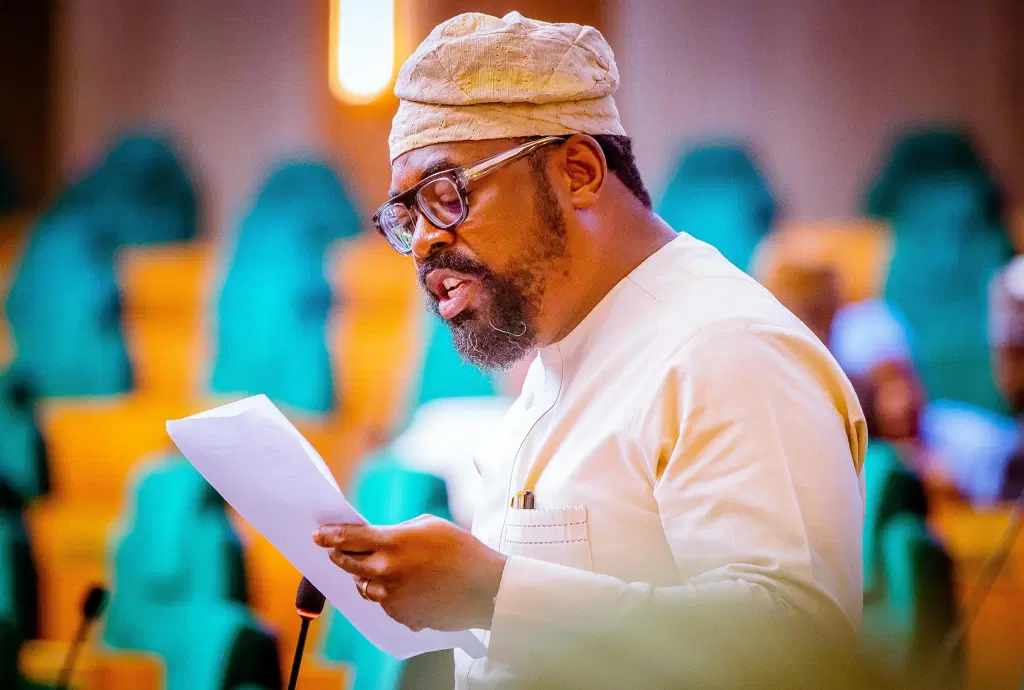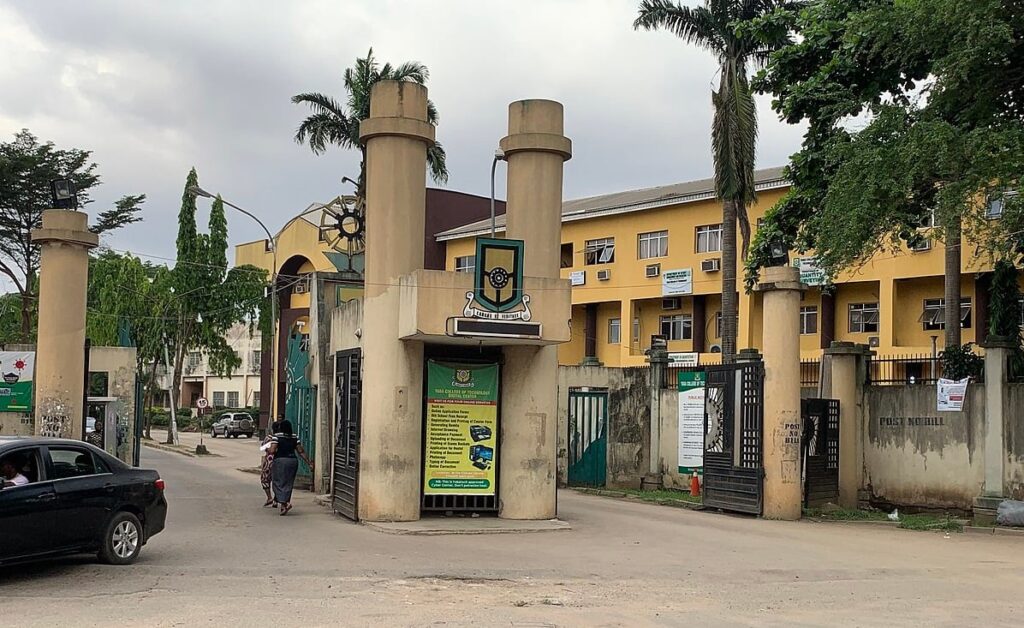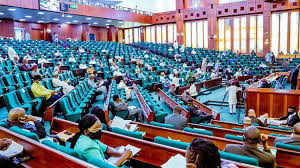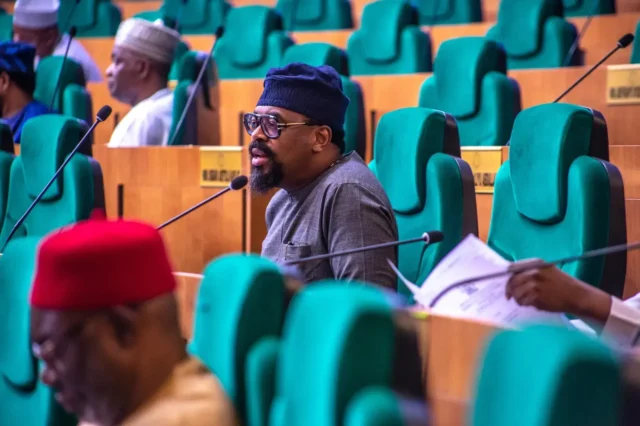The House of Representatives Committee on Federal Polytechnics and Higher Technical Education issued a stern rebuke yesterday, signalling potential sanctions for the majority of Polytechnic Rectors who failed to attend a pivotal oversight meeting convened at the National Assembly complex. The warning, delivered with palpable frustration by Committee Chairman Hon. Fuad Kayode Laguda, highlights deeper concerns over institutional commitment to legislative engagement and the broader development of Nigeria’s technical education sector.
Table of Contents

A Meeting That Never Was
Fewer than 30 percent of invited rectors attended the session—an attendance so low it undermined the Committee’s ability to proceed meaningfully. According to Hon. Laguda, this meeting had specific objectives: to address concerns, review progress, and strategise on the future path for polytechnics, particularly as the Committee advances policy reforms and funding initiatives.
“We convened today to understand any grievances you might have or to clarify if we’ve fallen short in serving your interests. But how can we do that when most of you can’t even turn up?” the Chairman asked.
His frustration was plain: initial letters sent to Polytechnic managements laid out precise attendance directives, including designated personnel. The lack of compliance, he argued, betrayed a disregard for lawful legislative inquiry.
“Sending us letters dripping in courtesy won’t cut it,” he said. “We instructed you clearly. Your absence today speaks louder than your words.”
The Committee’s Advocacy Efforts
Hon. Laguda emphasised that the Committee has been proactive in propelling policy and financial support for polytechnics, even without their prompting. Among its achievements:
- Advancing a National Polytechnic Commission to better coordinate technical education nationwide.
- Securing supplementary budgetary allocations for polytechnics late last year.
- Drafting legislation to criminalise the longstanding disparity between Higher National Diploma (HND) and Bachelor of Science (BSc) qualifications.
“All these efforts were undertaken to strengthen polytechnics,” Laguda reminded the gathering. “Yet we find little ownership or support from the institutions themselves.”
Sanction Threats Gain Momentum
Warned that persistent defiance could invite disciplinary action under provisions of the National Assembly (Powers and Privileges) Act, Laguda made it clear that the Committee would not hesitate to escalate. “Repeated failure to honour summons or adhere to directives will attract appropriate sanctions,” he cautioned.
His reference to Sections 89 and 129 of the Legislative Houses Act and analogous powers highlights the Committee’s ability to enforce compliance. While the nature of possible sanctions was not explicitly detailed, Parliament’s legal framework allows for serious measures, including summons, document seizure, and financial enforcement.
Rectors Respond and Offer Explanations
Three Rectors present—of Federal Polytechnics Daura (Kebbi State), Zamfara, and Bauchi—vehemently defended their peers, attributing absenteeism not to contempt but to communication failures and logistical constraints.
- Musa Gambo, Rector of Federal Polytechnic Daura, expressed regret on behalf of absent Rectors, promising to do better: “We are cooperating fully and will address all outstanding requirements promptly.”
- Aminu Yusuf, Rector of Federal Polytechnic Zamfara, explained that persons in charge did not receive the official summons, pledging full engagement within the next week.
- Sani Usman, Rector of Federal Polytechnic Bauchi, reaffirmed their commitment to legislative correspondence, describing the lapse as isolated and irregular.
Despite these assurances, their presence couldn’t offset the impact of broad non-attendance, heightening the Committee’s concerns.

Why This Matters for Technical Education
The Committee emphasised that engagement in legislative oversight is foundational to effective governance and sectoral growth. By meeting face-to-face, Rectors contribute firsthand expertise, steer policy direction, and troubleshoot sector issues.
Given ongoing efforts to unify technical education under a coherent National Polytechnic Commission, failure to attend such meetings generates distrust and slows reform momentum.
As Laguda noted:
“Is it any wonder reforms stall when leadership doesn’t show up to discuss them?”
A Roadmap Toward Cooperation
Looking ahead, the Committee outlined measures to prevent a repeat performance:
- Strict Monitoring of attendance, with non-compliance duly recorded in parliamentary reports.
- Official letters of censure, potentially to be tabled in plenary sessions.
- Escalation of sanctions, including formal invitations issued under legislative powers.
- Optional on-site visits to institutions that persistently ignore directives, though Committee members prefer direct dialogue in Abuja.
The Committee’s stance is firm: repeated default will trigger defined consequences under legislative authority.
What Rectors Must Do Now
In response, Rectors have committed to a personalised action plan:
- Acknowledge all outstanding correspondence within one week.
- Provide comprehensive updates on institutional funding, infrastructural projects, and academic reform.
- Ensure future attendance at summoned sessions, with relevant administrative staff in tow.
- Propose formal channels for improved communication, reducing future breakdowns.
Meeting these requirements within the 7‑day window, as suggested by Zamfara’s Rector, could restore trust, but only if commitments translate into visible action.
Implications for Students and Industry
Non-engagement with legislative bodies not only jeopardizes reform momentum but may diminish funds, accreditation efforts, and the broader credibility of polytechnics. Meanwhile, students stand to benefit greatly from reforms:
- Ensuring HND qualifications achieve parity with BSc degrees.
- Better funding and infrastructural development across campuses.
- A unified regulatory framework to guide administration and quality standards.
Failure to participate could therefore impact not only institutional reputation but also student opportunities and workforce readiness.
Broader Reflections
This confrontation between Nigeria’s legislature and polytechnic leadership surfaces a growing tension: legislative impatience with academic administrative inertia. The Committee’s proactive role contrasts starkly with what it perceives as institutional reluctance.
If polytechnics continue to disengage, the oversight mechanism intended to enhance accountability becomes ineffective, and public trust in technical institutions risks erosion.
Conversely, compliance could usher in a new era of cooperative reform and accelerated growth across the technical education landscape.

Conclusion
The House Committee’s warning marks a turning point. With a one-week window for meaningful response, Polytechnic Rectors are at a crossroads—cooperate and contribute, or risk formal sanctions and weakened influence over policy affecting their institutions.
Continued neglect of legislative processes could delay reforms critical to elevating Nigeria’s technical education system—an outcome that would disserve not only institutions, but also the broader national development agenda.
If history is any yardstick, effective reform sprouts from collaboration. Polytechnic leaders must seize this moment, not as a political skirmish, but as a chance to lead, innovate, and modernise.
Join Our Social Media Channels:
WhatsApp: NaijaEyes
Facebook: NaijaEyes
Twitter: NaijaEyes
Instagram: NaijaEyes
TikTok: NaijaEyes
READ THE LATEST EDUCATION NEWS





